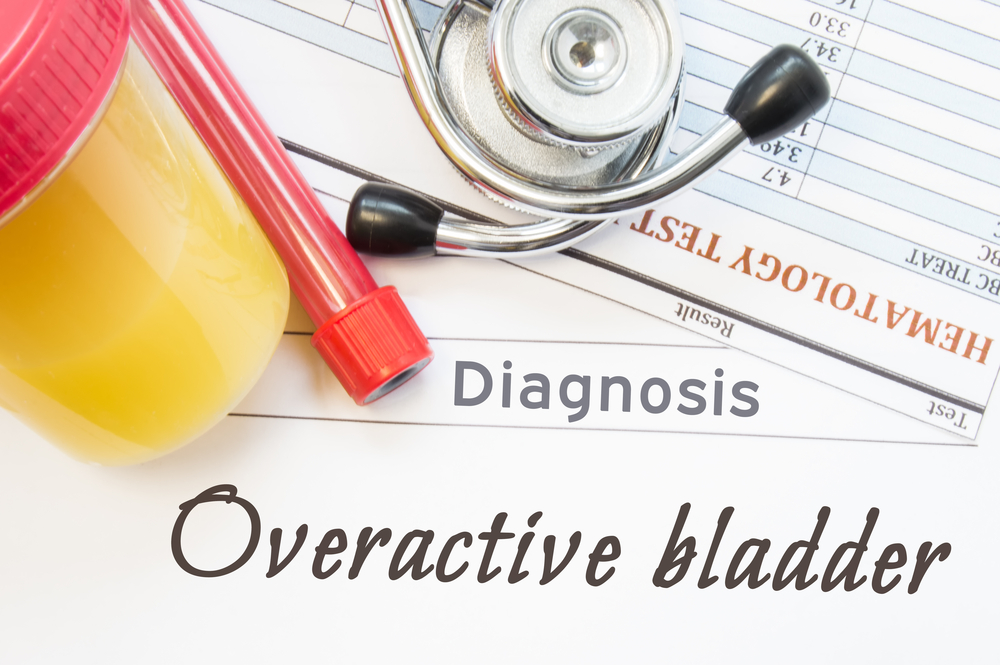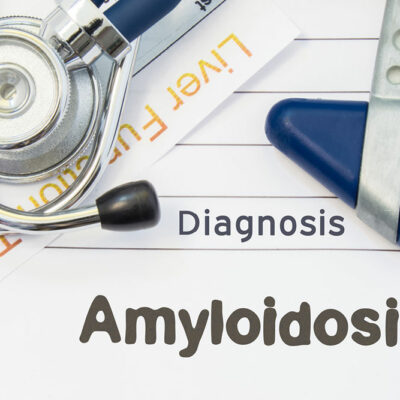
5 Ways to Manage Overactive Bladder (OAB)
Overactive bladder (OAB) causes the muscles in your bladder to contract involuntarily resulting in the constant urge to urinate. Symptoms of overactive bladder OAB are frequent and cause sudden urges to urinate, unintended urine loss (or accidents), and the need to wake several times throughout the night to urinate. While there is no cure for OAB, there are treatments and lifestyle habits you can adopt to help manage OAB symptoms and reduce accidents:
1. Kegel exercises
Doing Kegel exercises on a daily basis can help with OAB. This exercise will help build stronger pelvic muscles helping improve control of the bladder. Remember to pee before attempting Kegels. To perform a kegel simply squeeze, hold, release, and relax your pelvic muscles. Repeat for at least 10 repetitions 2 to 3 times a day. You’ll notice the difference in no time.
2. Minimize caffeine intake
The one big thing about OAB is the fact that urination can come sudden and frequent. Well so does the intake of caffeine. Not to the same extent but when your suffering from OAB Increasing those urges isn’t something you want. Caffeine worsens your symptoms point blank and period so stay away from it. However, Decaf is not as bad if you can’t simply cut out caffeine cold turkey.
3. Quit smoking
Smoking annoys the bladder causing frequent urination. To top it off, OAB accidents are often triggered by simple coughs and sneezes, so a chronic “smokers’ cough” can increase accidental leakage. Quitting smoking will not only help you manage OAB, but also help you lead a healthier life overall.
4. Adopt a fiber rich diet
A diet high in fiber and vitamins can help maintain a healthy bladder. Several studies show that increasing daily fiber consumption will help to build bulk in your stool, helping bowel movements pass more easily, and in turn relieving symptoms of daytime wetting, nighttime wetting and UTIs. Oats, raw fruits (i.e., raspberries), fresh vegetables, bran, beans, and legumes are all high fiber foods for those suffering from OAB. The last thing you want to do is further irritate your bladder by eating acidic or caffeinated foods that trigger bladder response.
5. Lose weight
Maybe you don’t need to lose weight. Doesn’t mean you shouldn’t exercise routinely. Make sure to monitor your body weight to avoid any excess weight. This can cause extra unwanted strain on your bladder worsening your OAB symptoms. For this reason, exercise is even more important if you suffer from excess weight. Shedding unwanted pounds will put less stress on your bladder muscles and provide better overall bladder control.


